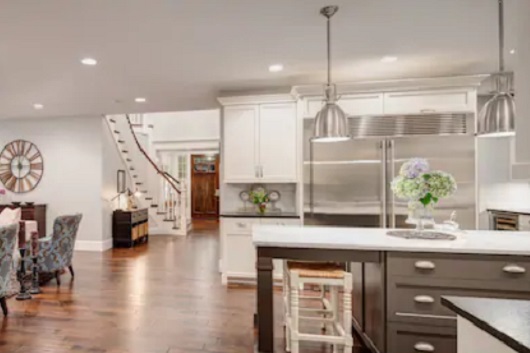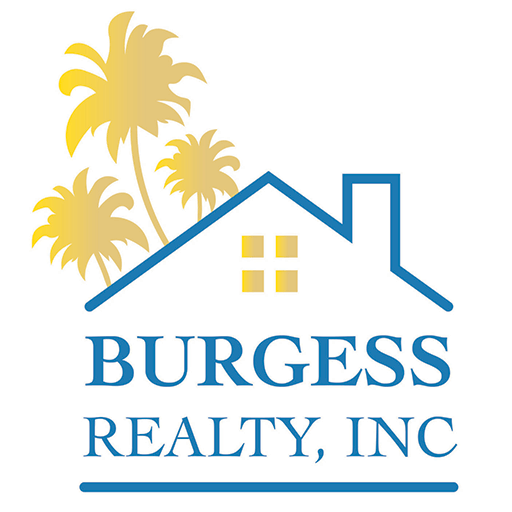When it’s time to sell your home, there are a lot of tough decisions that have to be made. You have to decide where you want to live. You choose what stays in the house and what goes with you at your next destination.
You say goodbye to trusted neighbors and look forward to making friendships with new neighbors. You also have to decide on an asking price for your home.
Pricing a home isn’t easy. It isn’t something that can be done after just a few minutes of research. You may have an ideal price in mind that meets your needs, but that figure may not be realistic. Market conditions and trends are very important in setting the asking price for your house.
Selling your home in Florida may take a little more time than you originally planned for, but it definitely can be done.
Here are a few things to consider that can make the decision a little easier for you:
1. Every home is different.
No two houses are exactly alike. Even though they may look identical on the outside, they can be totally different on the inside.
Two separate four-bedroom homes with the same amount of square footage could have totally different layouts.
One home may have new furniture and appliances, while the other may have a more open floor plan. One home could have three bedrooms on the ground floor, and the other could have its bedrooms on the second or third floor.
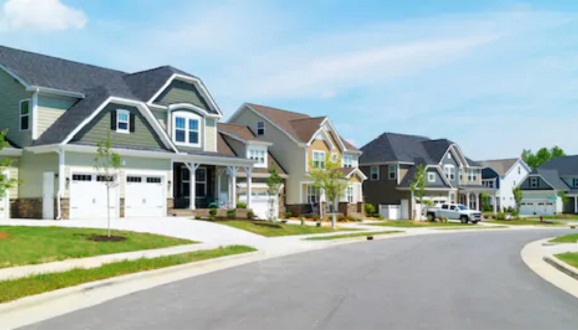
2. Appearances matter.
As the saying goes, you never get a second chance to make a first impression. That’s why it’s important to make your home as visually appealing to visitors as possible.
Open homes should be warm and inviting. They should give prospective buyers every reason to want to live in your home. Many home buyers are busy families or professionals who don’t have a lot of time or money to invest in renovations.
Having modern appliances and furnishings gives them one less thing to worry about. There may be times when you have to sell a home that’s seen better days.
In those instances, unless it’s a buyer’s market, you may have to lower your asking price to appeal to people who don’t mind a “fixer-upper” or who may plan to renovate the house for themselves or to flip it for a profit.
3. Small differences can affect the price.
Sometimes it’s not just the home itself that affects the value. A property that sits in a different county, neighborhood or school district can have more value than one that’s roughly the same size and in the same condition down a block or two from you.
A house on a hill, on a body of water or on a lot that can be developed for residential or commercial use can increase property value significantly.
Keep those factors in mind when you’re thinking about an asking price for your home. You may want to list any additional amenities like those that you have as key selling points.
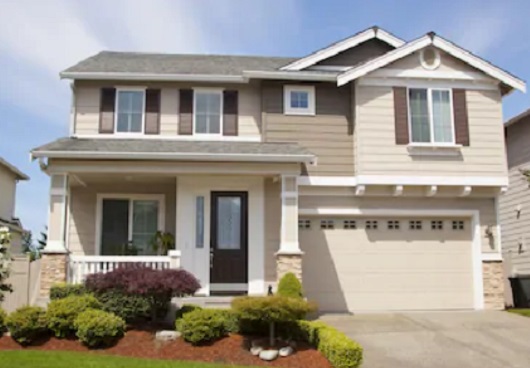
4. See what similar homes have sold for.
One key factor in determining a home value is what other similar homes in your area have sold for recently. These properties, known as comps, can help you to establish a selling price that’s more realistic.
Go back three to six months, depending on the number of homes that have sold in your area recently. Find as many properties as you can that are comparable to what you have to offer.
Find out what they sold for, and how long they were on the market. Pay close attention to homes that sold quickly. You may pick up some pointers on how to make your home stand out above the other available properties on the market.
5. See for yourself what’s out there.
You should also spend some time attending open houses for homes that are already for sale. Examine the interiors and exteriors. Review the floor plans and find out as much as you can about them.
Look at their floor plans, layout, fixtures and furnishings. Feel free to ask questions. Find out when the doors, windows, heating and cooling system, appliances, roof and siding were last installed or replaced.
These details can help you determine where your house ranks in the market. Pay attention to how long the home’s been on the market, and make a list of what makes it appealing to potential buyers. You can use that information to your advantage when pricing your home.
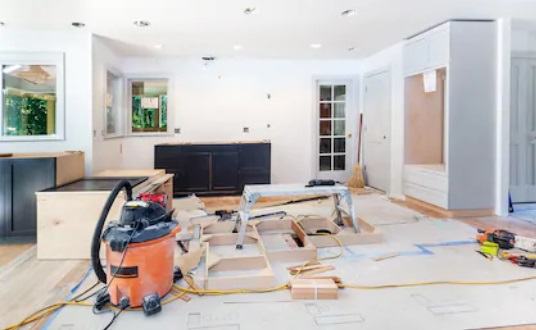
6. Talk to your real estate agent.
Another important task is consulting your realtor. They should have years of experience in buying and selling homes in your area. They should know the market inside and out. Sit down with them before settling on an asking price.
The realtor will take your information and their knowledge and let you know whether or not your home should sell in a reasonable period of time.
If your price is too high or too low, they can help you adjust your figure until you’ve found a price that meets your needs and is reasonable according to current market conditions.
These are just some of the things to keep in mind when pricing your home for sale. Take your time when reviewing offers, and before accepting one. Don’t be afraid to propose a counter-offer if you need to.
Once you’ve accepted an offer from the buyer, the wheels for selling your home are set into motion. The entire process can take several months, so be patient.
After all of the paperwork is signed and you receive the check from the buyer, the door closes on that chapter of your life so that another one can open.
Have Questions? Ask Barbara!
Give Barbara Burgess a call at 321-615-4543 to learn more about local areas, discuss selling a house, or tour available homes for sale.
